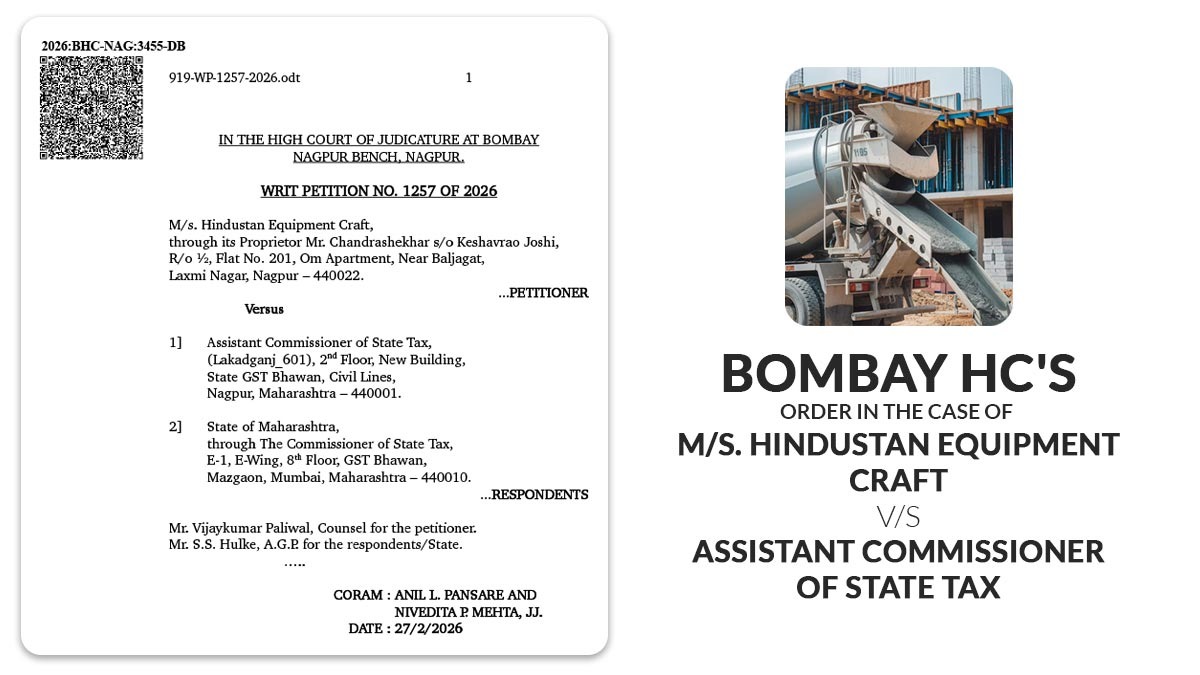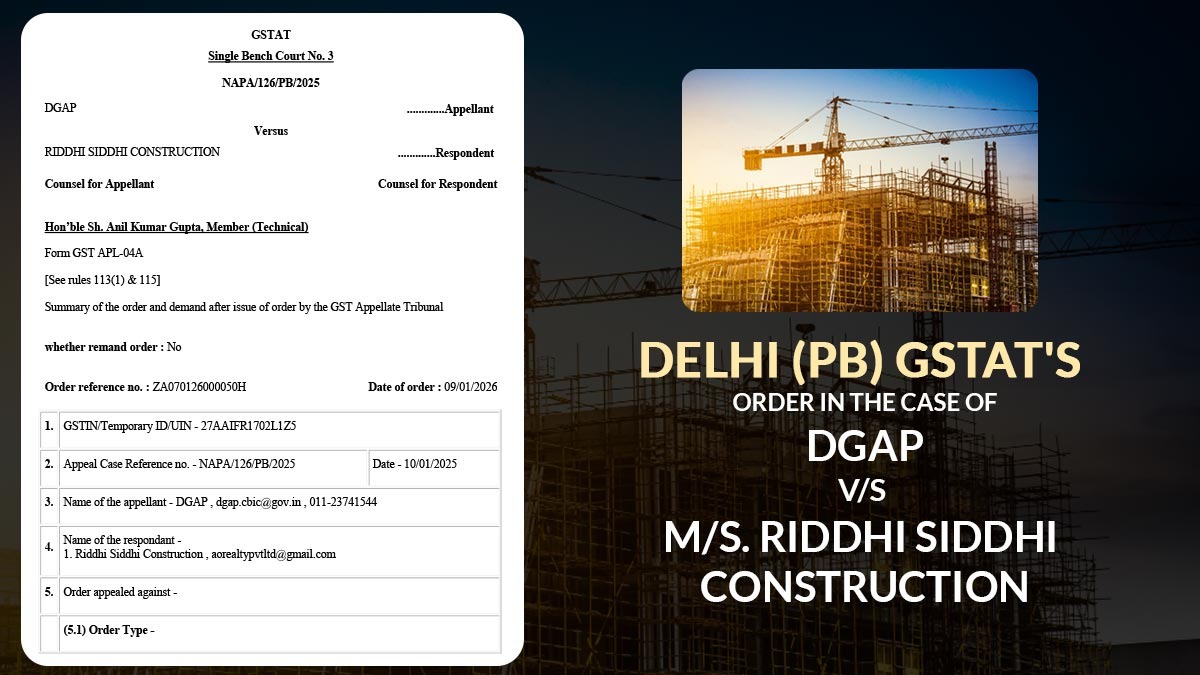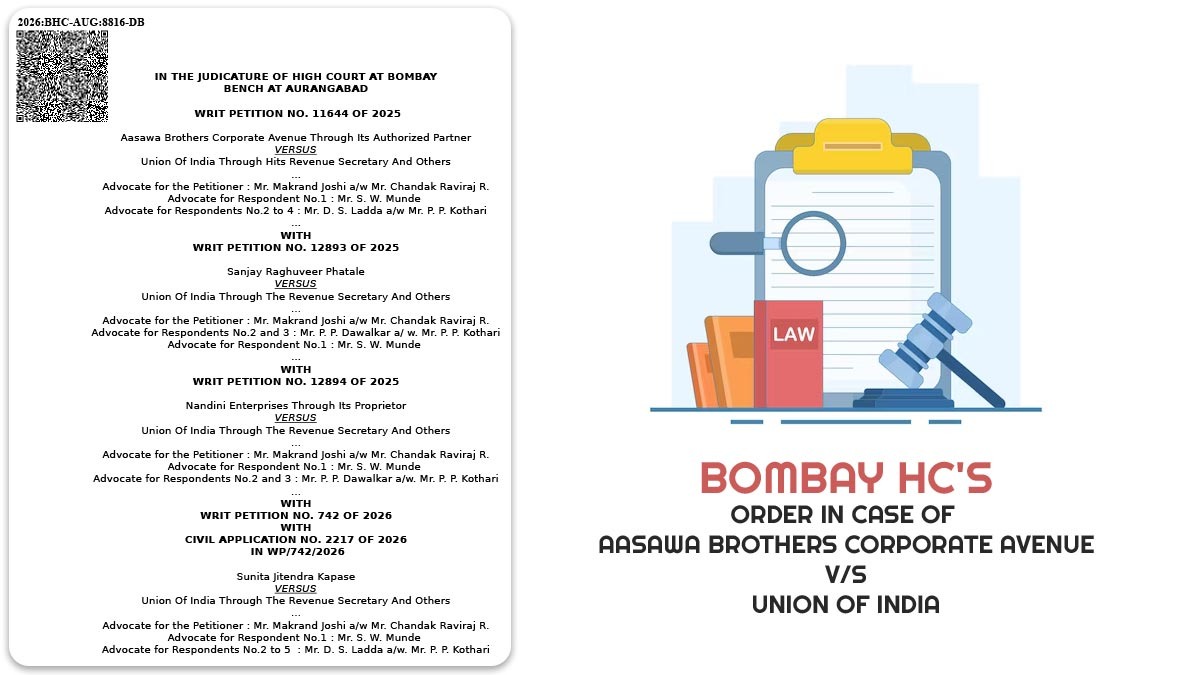The Income Tax Appellate Tribunal (ITAT) Bangalore, ruled that the profit on selling the land comes beneath the capital gain and thus liable for all the deductions permitted while calculating the income beneath the capital gain.

The taxpayer is the owner of Shri Babulal is the proprietor of M/s. Bangalore sales and marketing is said to be the wholesale paper merchant business. He was indeed providing the agent for Nandini Ghee which is made by KMF Karnataka.
The problem that arises in the particular case was that the revenue authorities have refused the deduction beneath section 54F of the income tax act 1961 
The assessing officer revealed that the taxpayer was involved in the wave of trading and thus the mentioned income beneath the capital gains is needed to get taxed beneath the income through the business. The taxpayer accepts that the land was bought with the purpose of building the house for his own occupation.
As the same was located out of the Mysore city, the taxpayers have directed to sell off the land and as he can not bring the purchaser for the whole land the land was transformed into plots of various sizes and sold. The Assessing Officer has not satisfied with the disagreement of the taxpayer and he induced the income reported beneath the “capital gains” towards tax.
On permitting the taxpayer’s plea Vice President N.V. Vasudevan said that “When a person acquires land with a view to selling it later after developing it, he is carrying on an activity resulting in a profit, and the activity can only be described as a business venture. Where the person goes further and divides the land into plots, develops the area to make it more attractive and sells the land not as a single unit and as he bought it but in parcles, he is dealing as his stock-in-trade; he is carrying on business and making a profit. In the present case however, the intention at the time of purchase was to construct a house for self-occupation and that intention was given up due to the fact that the land was outside Mysore city and due to financial crunch. Therefore the tests laid down in the decisions support the plea of the Assessee that he did not do any adventure in the nature of trade when he sold the larger extent of property after dividing them into smaller sites. The dates of acquisition of the property and its conversion into sites and obtaining approval and the dates of sale by the Assessee all go to show his intention at the time of acquisition was not with a view to indulge in an adventure in the nature of trade.”









